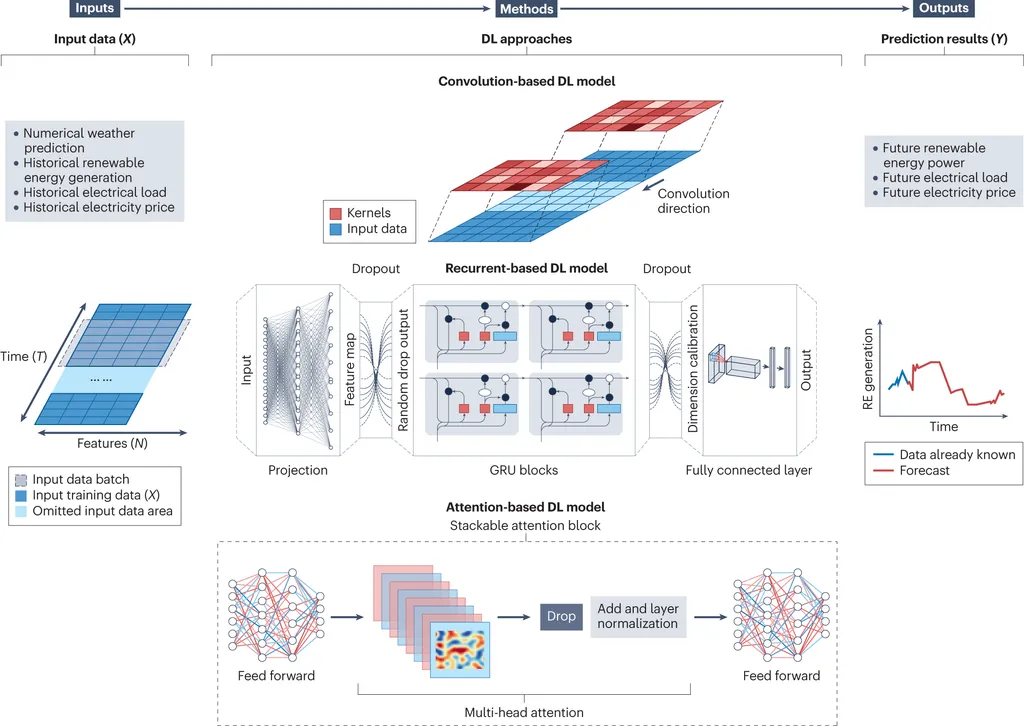In the rapidly evolving landscape of modern power systems, the integration of distributed energy resources and power electronic devices has introduced a complex web of frequency disturbances, posing significant challenges to grid stability. Addressing this issue head-on, a team of researchers led by Haoyu Ma from the Department of Electrical Engineering at Tsinghua University in Beijing, China, has developed a novel approach to enhance current monitoring in power systems. Their work, published in the journal “High Voltage” (translated from the original Chinese title), presents an innovative solution that could revolutionize how we measure and manage electrical currents in critical infrastructure.
The research focuses on an elliptical array of tunnelling magnetoresistance (TMR) sensors designed to measure currents in rectangular busbars—a crucial component in power distribution systems. “The idea was to create a sensor array that could provide high-accuracy measurements while being robust against various interferences,” explains Ma. The team established a simulation model to analyze how different structural parameters of the elliptical array affect measurement accuracy, leading to the development of design principles for array parameters tailored to different current sensor standards.
One of the standout features of this technology is its impressive performance under challenging conditions. The sensor array demonstrated a measurement range of 0–150 A, with an error rate of less than 0.1% in ideal conditions. Even when faced with busbar displacement, the error rate remained below 1%. In scenarios involving crosstalk—a common issue in complex electrical environments—the measurement accuracy achieved class 0.5 standards, indicating high reliability.
The practical implications for the energy sector are substantial. “This technology offers a non-contact, low-power, and compact solution for current monitoring,” Ma notes. The sensor array’s robust anti-interference capability and high measurement accuracy make it particularly suitable for modern power systems, where stability is paramount. Its potential applications extend to various business scenarios, from smart grids to renewable energy integration, where precise and reliable current monitoring is essential.
The research not only addresses immediate challenges but also paves the way for future developments. As power systems continue to evolve with the integration of more distributed energy resources, the need for advanced monitoring technologies will only grow. The elliptical array of TMR sensors represents a significant step forward in meeting these demands, offering a scalable and adaptable solution for the energy sector.
In a field where precision and reliability are critical, this innovation could set a new standard for current measurement technologies. As the energy sector continues to navigate the complexities of modern power systems, the work of Haoyu Ma and his team provides a beacon of progress, illustrating how cutting-edge research can drive meaningful change in the industry.

